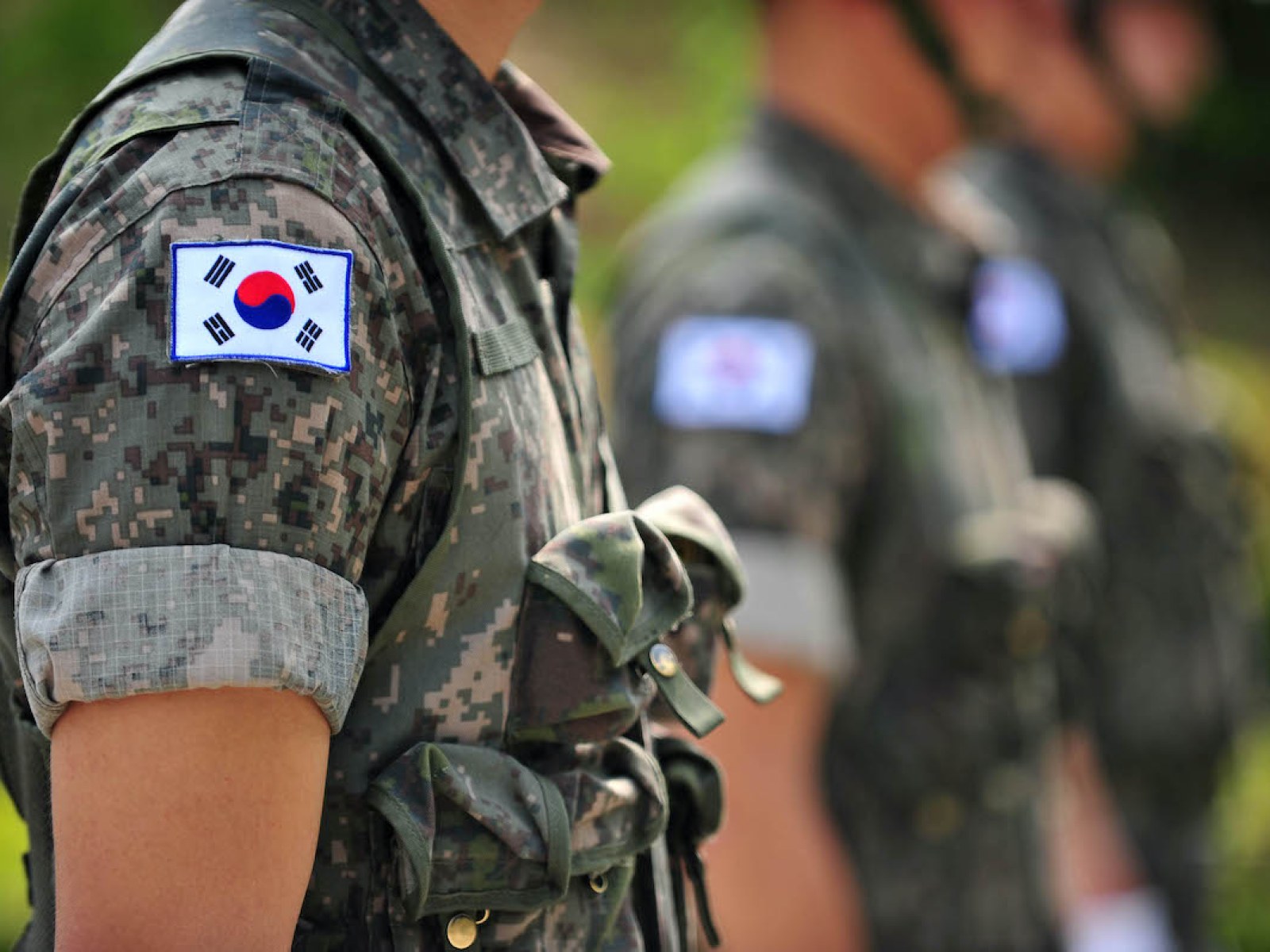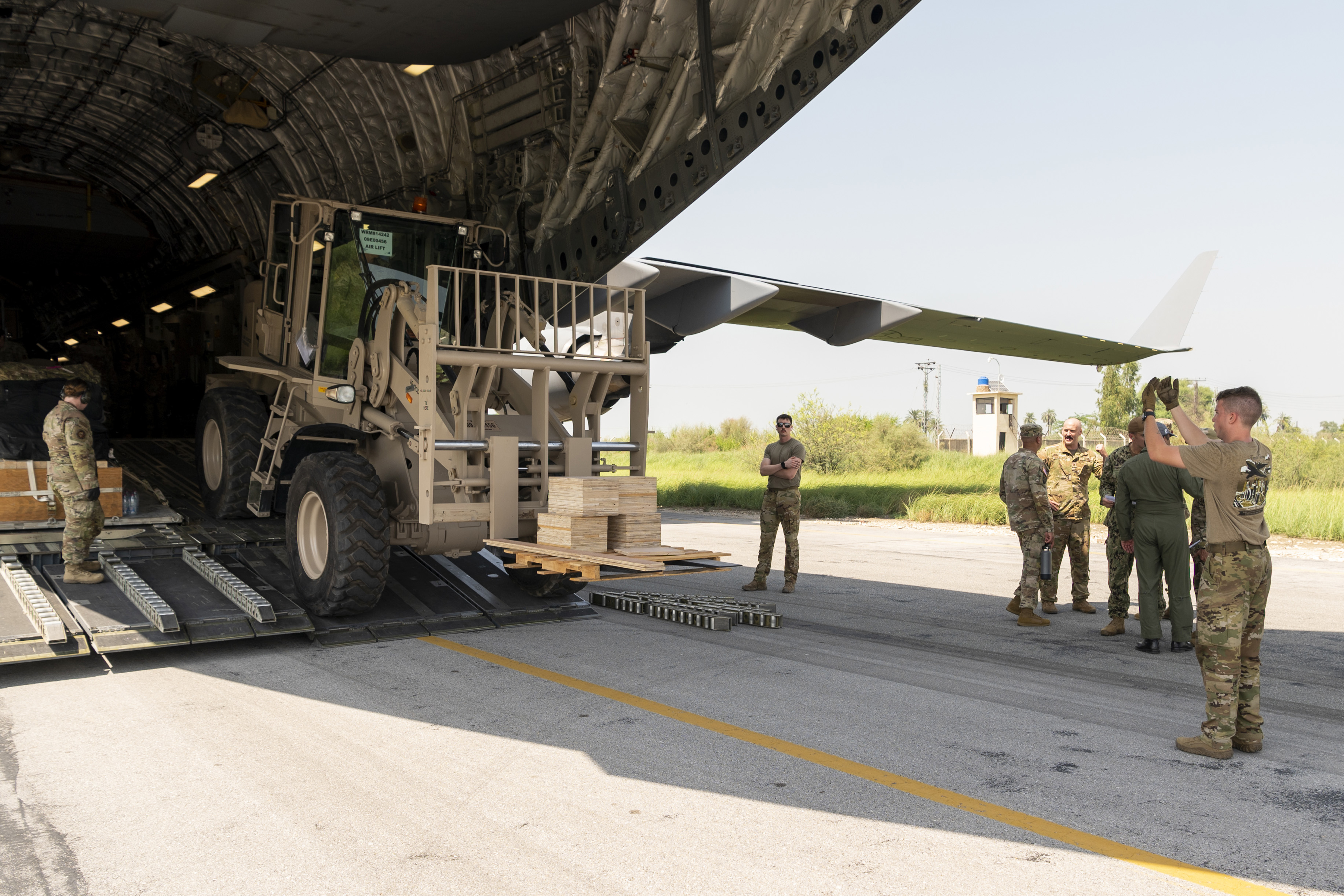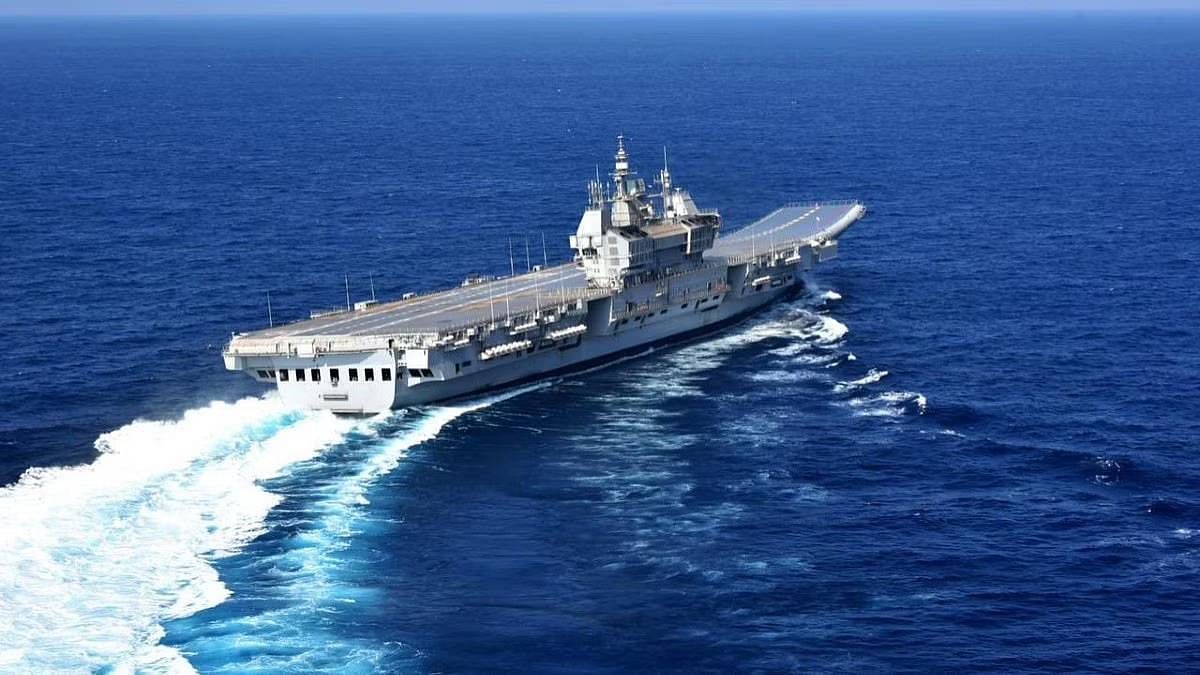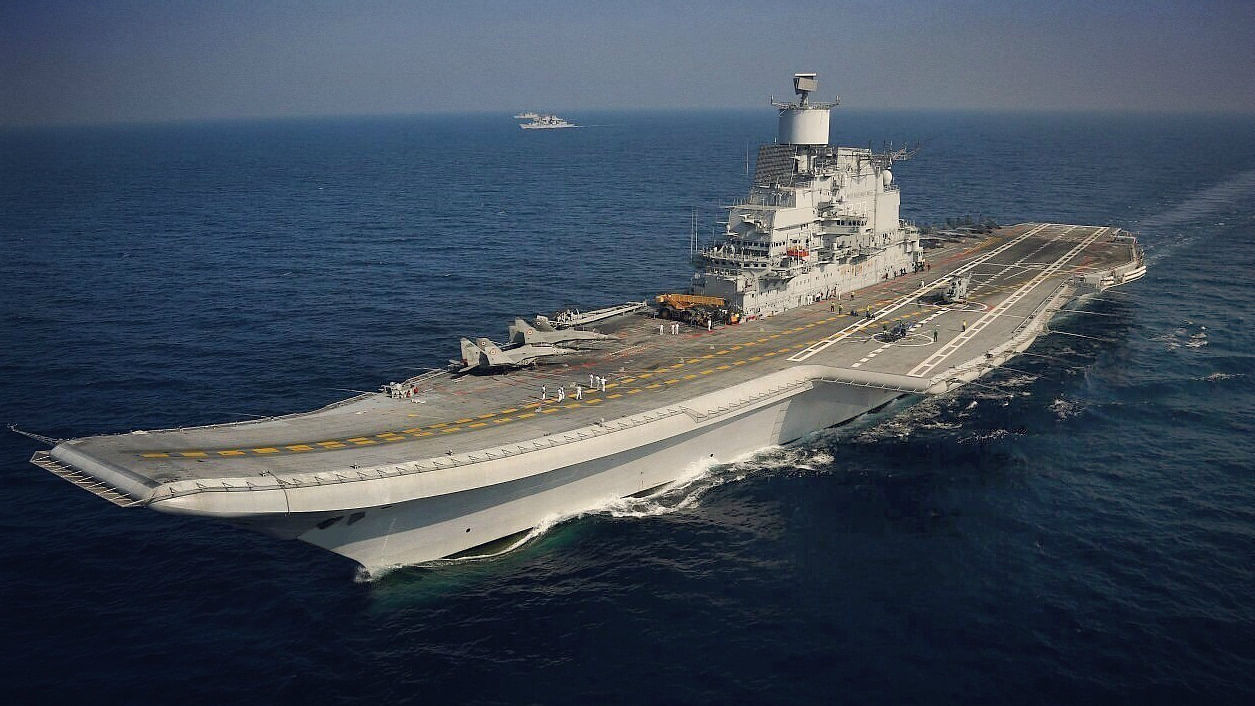Pakistan Military - Since the creation of Pakistan, the armed forces have played a vital role in ensuring its security and promoting nation building. They made a great effort to resettle the millions of refugees who had migrated from India and to stabilize the country in the early years. Above all, they ensured the country's defense and security against a hostile India, whose leadership wanted to break the country before it could mature and stabilize as an independent state. It was clear that the military and civil services were the most organized, disciplined and experienced institutions inherited by Pakistan at the time of independence. The British depended heavily on the territories that later became Pakistan for recruitment in the Indian armed forces. Among a significant number of them were military officers and other ranks, who were in II. served in formations or formations that participated in the Second World War.
In the early years, it was the professionalism and high morale of the armed forces and the support of the people that they enjoyed thwarting Indian plans to destabilize Pakistan. India's hegemonic architecture is central to its policy and relations with Pakistan. His aggressive policy of suppressing Pakistan led to the wars of 1965 and 1971. Even before this, in 1948, there was a major conflict between India and Pakistan in Kashmir. In 1965, it was due to the bravery and professionalism of our armed forces and the support of the people that they were able to repel an enemy seven times larger with a much larger stockpile of weapons and equipment.
Pakistan Military
India's reluctance to resolve the Kashmir issue and take unilateral steps to determine its future lies at the heart of the central issue that divides and generates resentment between the two countries. India-Pakistan relations have suffered greatly due to Prime Minister Modi's indiscriminate and extremely hostile policies towards Pakistan, further complicating the resolution of the Kashmir issue among other bilateral issues.
What Pakistan Army Reshuffle Means
The fight against terrorism, especially the military's handling of the Pakistan Tehreek-e-Taliban (TTP), is a major achievement, as these groups are funded and supported by India and hostile elements. other foreign. Until recently, the TTP used Afghanistan as a base for attacks in Pakistan. However, under Taliban control, Pakistan hopes to ensure that the TTP can no longer operate against it or any other country, as the ISPR Directorate General reiterated in a recent press conference.
The armed forces have always been at the forefront of supporting national efforts during man-made crises or natural disasters. Their role in the devastating 7.6 magnitude earthquake in 2005 that struck the Himalayan region of northern Pakistan and Kashmir, as well as in other disasters, was exemplary. The sacrifices of the soldiers while protecting the border, despite the threatening weather, and in the Siachen Heights or in the Thar Desert are living proofs of their commitment and professionalism. Be it natural disasters, earthquakes, floods or forest fires, the armed forces have played a significant role in alleviating human suffering by providing immediate relief and assistance.
The consequences of the uncertain peace situation in Afghanistan are a serious security challenge which the army, especially the leadership of the army, is handling very skillfully. He has always played a constructive and decisive role in supporting peace initiatives in Afghanistan. In recent years, recognizing the importance of geo-economics, the military leadership has been a major supporter of regional relations, as a partner with China in the China-Pakistan Economic Corridor (CPEC) projects, or with the United States for peace and establish stability. . to Afghanistan. A more important aspect of Pakistan's foreign policy is that it tries to stay away from great power competition. Despite having very strong and strategic ties with China, it maintains a strong military-to-military relationship with the United States, working closely with it in Afghanistan and as a partner for peace and development.
In 1947, the industrial and technological base of Pakistan was very weak and there was no defense industry. The Pakistan Ordnance Factory (POF) was established with the help of engineers and workers who migrated to the country. Over the past 70 years, CEO has grown to more than sixteen factories and produces small arms, weapons and modern equipment for the armed forces. In addition, several large defense manufacturing factories have been established and Pakistan proudly claims to produce a wide range of weapons and military equipment, including armored fighting vehicles, guns, missiles, radars, aircraft and naval vessels, etc. At first, we relied on American sources, but after the 1965 war with India, the United States and Western countries imposed an embargo, and Pakistan turned to China for more weapons systems. China has been much more proactive in supporting Pakistan's defense production capacity. China was the main source of technology transfer and the creation of defense factories. Moreover, Pakistan has developed its own capabilities, which is a matter of pride. The private sector also contributed to the production of defense items. Research and development is an important aspect of the country's innate ability; it helps reduce dependence on foreign sources for technology transfer, especially for technologies that technologically advanced countries are reluctant to share.
Pakistan's Civil–military Imbalance Misunderstood
Continuous efforts are being made to ensure that Pakistan's defense industry is managed according to modern management practices. Defense technology has advanced enormously over the past four decades. However, advances in aviation, electronics, microelectronics, telecommunications, fiber optics and many other fields have given rise to new weapons systems and brought new concepts of national defense. The Pakistan Army has kept pace in some areas.
The Pakistan Army places the highest priority on the training and professional competence of its personnel, and recognizes the critical role it plays in developing the capabilities and morale of its forces. They are trained not only for conventional wars, but also for fighting insurgency and hybrid warfare.
He was able to eradicate the influence of TTP which had penetrated into tribal areas, Khyber Pakhtunkhwa (KP) and other important areas.

In Afghanistan, Pakistan's civilian and military leadership played a vital role in correctly arguing that political consensus was the only way to stabilize the country. The army's contribution to the management of the million Afghan refugees was minimal. The armed forces tried to uphold Jinnah's vision of seeking peace in the region. Regrettably, India's obstinacy, reflected in its complete disregard for human rights commitments and UNSC resolutions, is the main obstacle to its implementation.
Pakistan's Military Brass Discusses Ongoing Peace Talks With Tehreek I Taliban Pakistan
But in reality, Pakistan's leadership must work with full sincerity and dedication to reflect the idealism of its founder, who always adhered to the politics of inclusion and policies for the benefit of the people. This would require better understanding and integration between different provinces, fair treatment of minorities, more fair and people-oriented policies, and above all, an independent economy. Deviation from this vision in the past has cost the nation dearly in its future inability.
The professionalism and commitment of the armed forces, be it the Army, Air Force or Navy, and inter-service coherence and synergy will be hallmarks of future success. Given their previous professional training and current situation, this lends confidence to their continued national contribution to the stability and security of Pakistan.
The writer is a retired lieutenant general of the Pakistan Army, an eminent scholar of national security and political issues. Women have been serving in the Pakistan Army since 1947, after the establishment of Pakistan. In 2006, the first batch of Wom fighter pilots joined the PAF's Combat Air Mission Command.
The Pakistan Navy prohibits women from serving in the combat branch. Instead, they are assigned and serve in operations related to military logistics, personnel, and senior administrative offices, especially at regional and central commands.
File:us Afghan Pakistani Military Men.jpg
In 2013, the number of applicants for the combat branch of the PAF increased.
Women cannot join the armed forces as regular soldiers, airmen or sailors; these posts are just op m; a woman can only get a commission. As of 2017, there were a total of 4,000 women serving in the armed forces.
In the 1930s and early 1940s, pro-Pakistani Muslim women played an extremely important role in the success of the Pakistan movement. The founding mothers of Pakistan are Fatima Jinnah, Begum Ra'ana and Shire Jinnah.

Woman in Pakistan Army [edit] Be ready to train the woman to fight..... Islam does not want the woman to stop herself and not see fresh air - Muhammad Ali Jinnah, c. 1940s[8]
Pakistani Women Peacekeepers At The Forefront Of A Military Hospital In Mali
In 1948, Pakistan's first lady, Begum Ra'ana, spearheaded the establishment of the Women's Voluntary Service in 1948 to support the medical and logistical duties of the Pakistan Army in the Indo-Pakistani War of 1947.
This led to the formation of a women's unit
Aircraft appraisal online, free aircraft appraisal, aircraft appraisal services, aircraft appraisal cost, aircraft appraisal jobs, aircraft appraisal course, aircraft appraisal training, business appraisal, rolex appraisal, appraisal software, 409a appraisal, aircraft appraisal report









